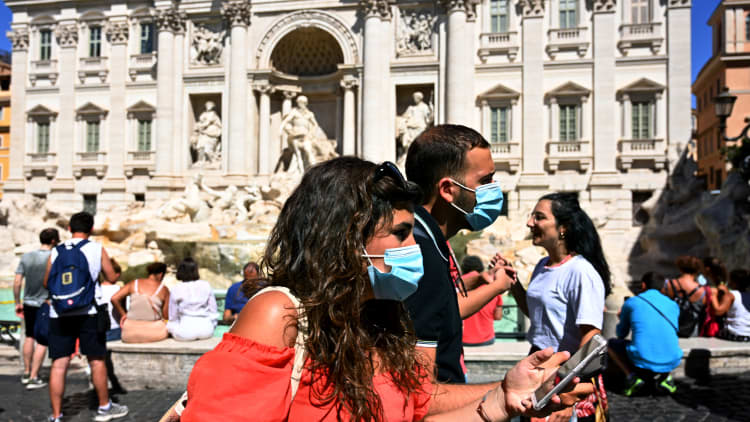Global cases of the coronavirus have now crossed 30 million, as new infection rates remain stubbornly high in some countries and show early signs of resurgence in others. The U.S., India and Brazil hold the highest national case tallies — together the three countries account for over half of all reported global infections. The dramatic benchmark comes as experts warn of difficult fall and winter seasons ahead.
Here are today's top headlines:
The following data was compiled by Johns Hopkins University:
- Global cases: More than 30.2 million
- Global deaths: At least 946,685
- U.S. cases: More than 6.67 million
- U.S. deaths: At least 197,655


